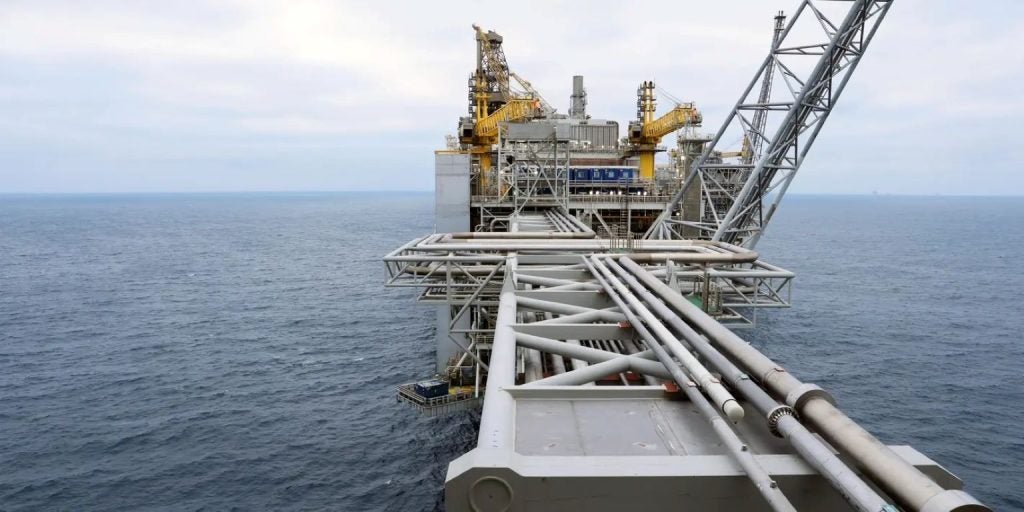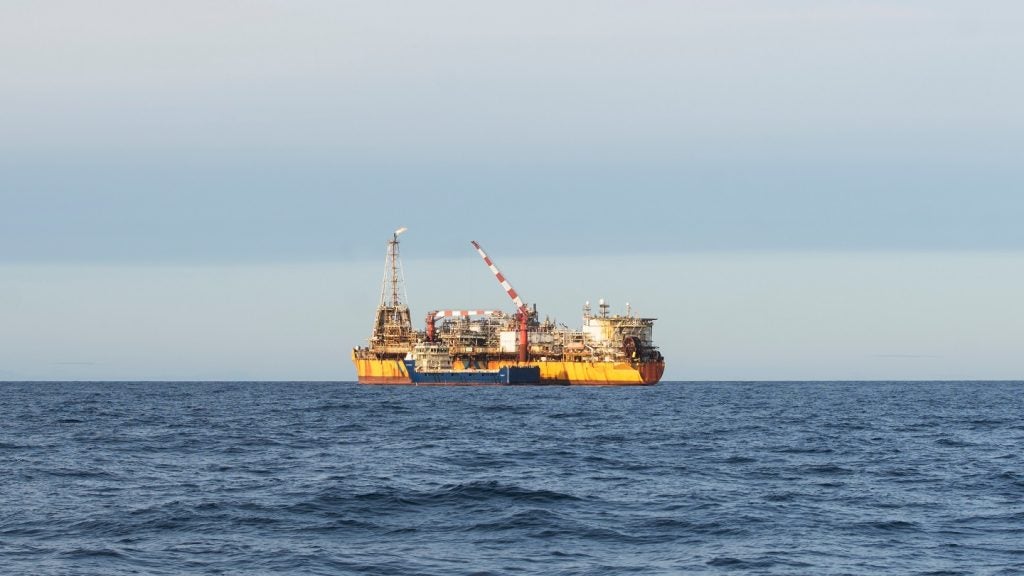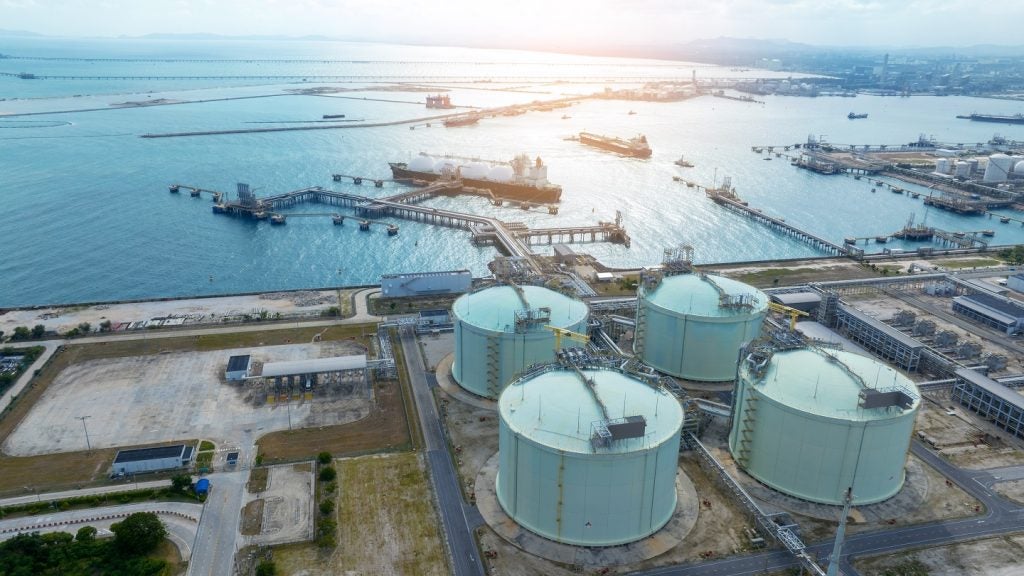
The oil and gas industry is dominated by men. In North America and Western Europe for example less than 2% of companies are run by women and the imbalance can be seen at all levels of the industry and throughout all geographies, with women currently accounting for just 22% of the oil and gas workforce.
Efforts are being made to increase the number of women in the workforce to create not just a fairer job-market but also to ensure that the best talent is being tapped.
On 3 October, BP ran its annual Be Inspired event, a day of workshops and talks tailored to female students who are interested in entering the oil and gas industry. The event, held at the RSA this year, taught students vital skills like networking as well as providing extra information about exactly what it’s like within the industry.
“Numerous studies point to a confidence gap between men and women when it comes to their careers,” explains Head of UK Graduate Recruitment at BP Suzy Style. “A commonly quoted statistic is that men apply for a job when they meet only 60% of the qualifications, but women apply only if they are closer to meeting 100% of them. This means women might be missing out on key opportunities for career progression.
“At BP, we want to empower female students entering the world of work to have confidence in themselves and their abilities, and to carry that with them throughout their careers. That’s why events like Be Inspired are so important, and we’ve seen great engagement this year with students from over 25 UK universities joining us.”
BPs head of HR for upstream Kerry Dryburgh explains the misconceptions surrounding the industry and opportunities for young women in the oil and gas industry.
How well do you really know your competitors?
Access the most comprehensive Company Profiles on the market, powered by GlobalData. Save hours of research. Gain competitive edge.

Thank you!
Your download email will arrive shortly
Not ready to buy yet? Download a free sample
We are confident about the unique quality of our Company Profiles. However, we want you to make the most beneficial decision for your business, so we offer a free sample that you can download by submitting the below form
By GlobalDataMolly Lempriere: What are the biggest challenges that women face, throughout their education and then setting their sights on a career?
Kerry Dryburgh: The reality is that there is a challenge with women adopting STEM education, and then moving into careers that are related to STEM, that’s a systemic issue. To influence that early stage education ultimately influences the pipeline.
As a company we’ve been involved in a number of initiatives to try and address that earlier phase. There are things like the BP educational service, which provides STEM information to schools and to teachers to help improve the quality of STEM education. We’re working very closely with a charity called AFS to develop an exchange program for children between the age of about 15 to 17, to work in different projects, STEM related, overseas. So we’re working at that phase, and then of course you know as you get further on in terms of how do we attract women through university to join oil and gas I think there’s a few things.
ML: So how do you attract more women?
KD: There’s a question for me around how do you attract people into oil and gas industry in a world that’s changing? It’s modernising, it’s digitising and oil and gas could be seen as an industry that could be older and dirtier, you know, whatever label you want to put on it.
What I would say to that is some of what I talked about here really that we maybe an operational manufacturing company to some degree, but we’re also a technology company. We’re modernising and we have some phenomenal opportunities to digitise and automate, and we are already doing lots and there’s a lot more to do.
So anyone who is excited by technology, I think can also be excited by a career in the oil and gas industry, because there are some big big problems that we’re trying to solve, huge, multi-billion dollar projects and how you make that more efficient and how you deliver that using technology is i think, a big opportunity.
The other thing for me, is you just think about issues in the world today, you think about some of what I’ve talked about and how we impact communities, thinking about the dual challenge around climate and carbon, and actually how we’re trying to influence that through renewables whether that’s biofuels, wind. We have some of the exciting ventures with electric vehicles and other things, but I just think we as an industry and as a company need to continue to talk more and more about that, because that’s what excites people. I think that’s also the kind of thing that might excite females as much as males to join our company.
ML: Are there assumptions women have about what it’s like to work in the oil and gas industry that are false?
KD: So I think for me it’s about myth busting to a certain degree, it has a reputation, it has an image and actually it’s not all the image it’s portrayed. I’m not saying it’s easy, we work in heavy industry, which is fundamentally manufacturing in some tricky places but then so do other companies in different industries. I think it’s about being clear on what to expect and giving some great examples like Lamis, [one of BPs recent hires who works offshore in Egypt and attended the event ] who would tell you that actually she’s loving it.
ML: Is there anything that you look for in particular when you’re hiring someone for BP?
KD: I’ll give you my personal view on that, I’ve done a lot of interviewing and hiring in my time and in general for me it’s about the right fit. So you’ve got to find someone who fundamentally fits in terms of broadly the right behaviours and wants to work in that kind of environment and you feel would be successful in that type of environment. But for me it’s about attitude and drive, and emotional intelligence (EQ) as we call it.
At BP we talk about IQ, EQ and drive. It’s very easy to have people with IQ, there’s a room full of people with great IQ in there and we have the option to hire from many of the best universities. That’s not the difficult thing, hiring someone who’s got great IQ but also has empathy, who can put themselves in someone else’s shoes and can do that successfully as well as delivering in the job and at the same time is driven to do the best that they can do for themselves and for the company is not always an easy combination. So that’s how I look at it and I think if you can find those things in people that’s generally a good recipe for success.
ML: Going forward, what is your hope for gender diversity at BP and within the oil and gas industry more broadly?
KD: I think ultimately, I would love to be in a world where there is 50% and 50%. Gender balance is important. But it’s not just, in my view, about gender, it’s about different types of thinking, it’s about different cultures.
I’ve been lucky enough to have a career that has involved working in many different environments and globally and that’s what I love about the jobs I’ve done, so working with people from different nationalities, backgrounds, cultures and having a degree of gender balance in that as well is what I think is the most important. That would be my dream, that we have an organisation that is perfectly balanced in all of those aspects.






